What is in soil?
Soil is made or dead or decayed plants and animals and weathered rocks.
What happens as Earth's tectonic plates shift? 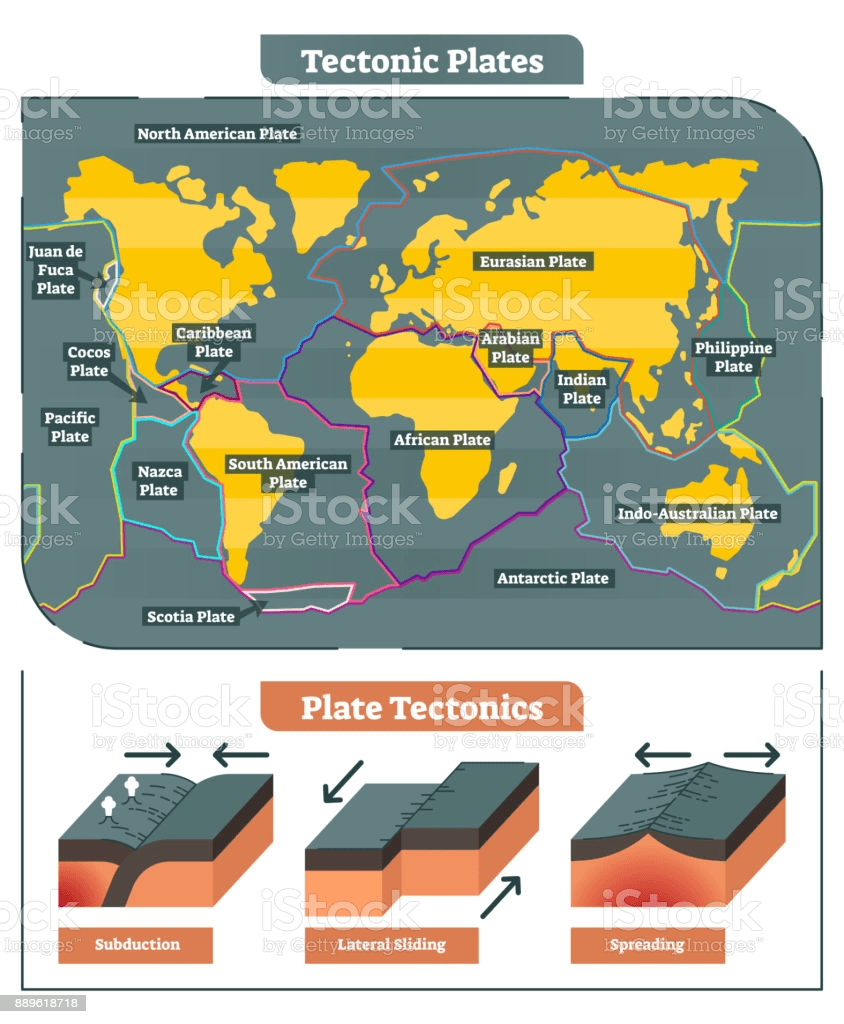
The plates move in any direction causing our land to move in the same direction as the plates. This is called an Earthquake.
How can use reduce the amount of trash we add into our landfills?
Use reusable items! Then recycle all the materials that we can recycle such as plastic, paper, metal, cardboard, and glass. These items go to a special place to be remade again! 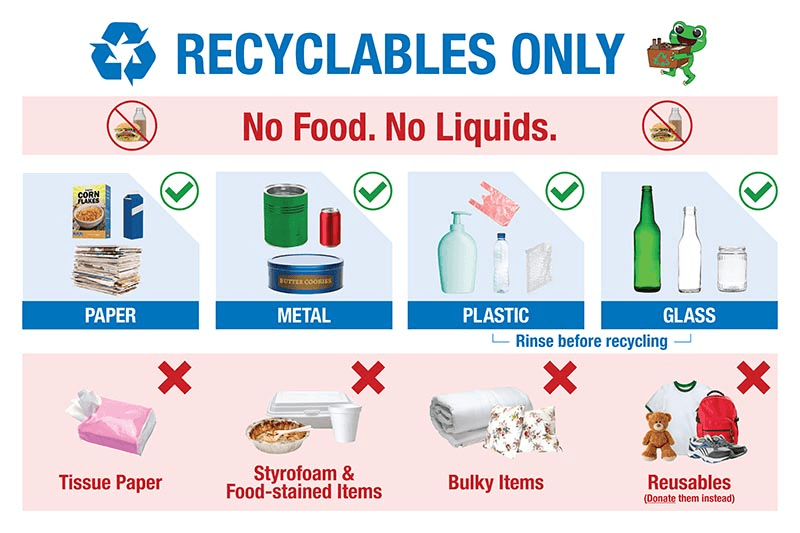
How can you save or cut down on the amount of water you use?
Turn the faucet off while not using the water or complete the task in less time.
What are remains?
What is left of an organism
What is Weathering of rocks?
What is Erosion of rocks?
What is Deposition or rocks?
(Think about when you eat food)
Weathering is the breaking down or into smaller pieces of rocks
Erosion is the rocks moving from one place to another place
Deposition is the depositing or dropping of those items in a place or location
What all takes place near a volcano? or when a volcano erupts? are these changes a slow or a rapid change? 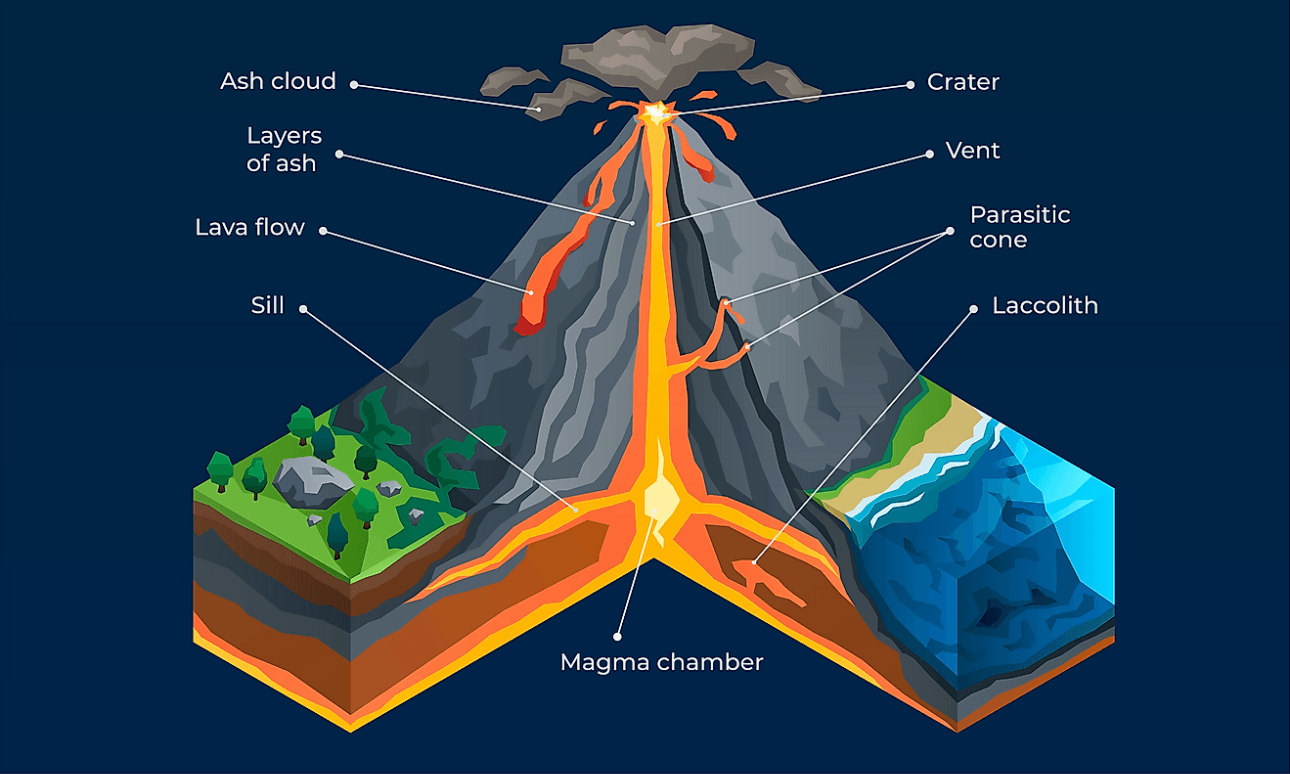
The teacher will judge responses.
Don't forget that each time a volcano erupts, new land is formed around the volcano.
What types of materials do we use to build homes? and why?
Materials that are very strong and can last a long time like wood for framing houses and bricks for the outside of the houses. 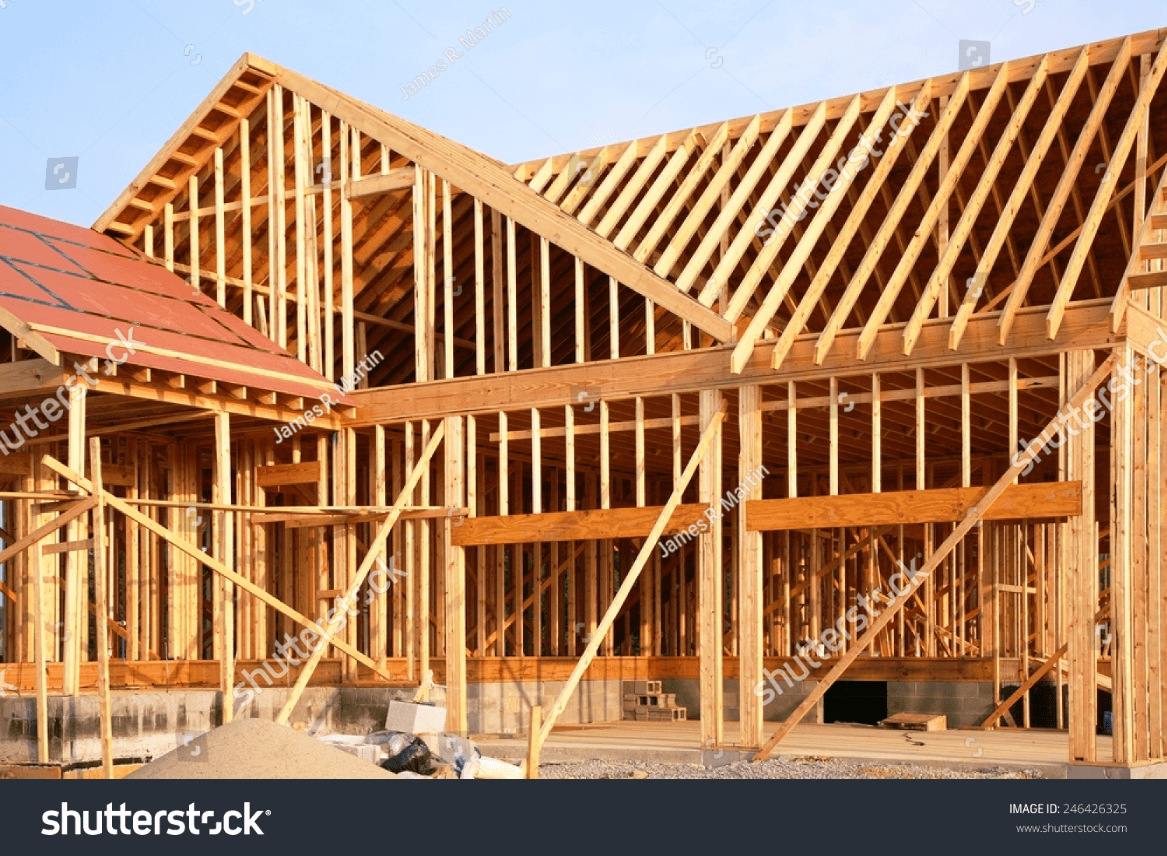
How can we save the amount of disposable plastic water bottles we use?
We can stop buying those types of bottles and use reusable bottles much as we can.
What is decomposition?
the state or process of rotting or decaying, such as when plants or animal remains are breaking down
What forces can break rocks into smaller pieces?
Wind, water, and ice can break rocks into smaller pieces.
What happened here? 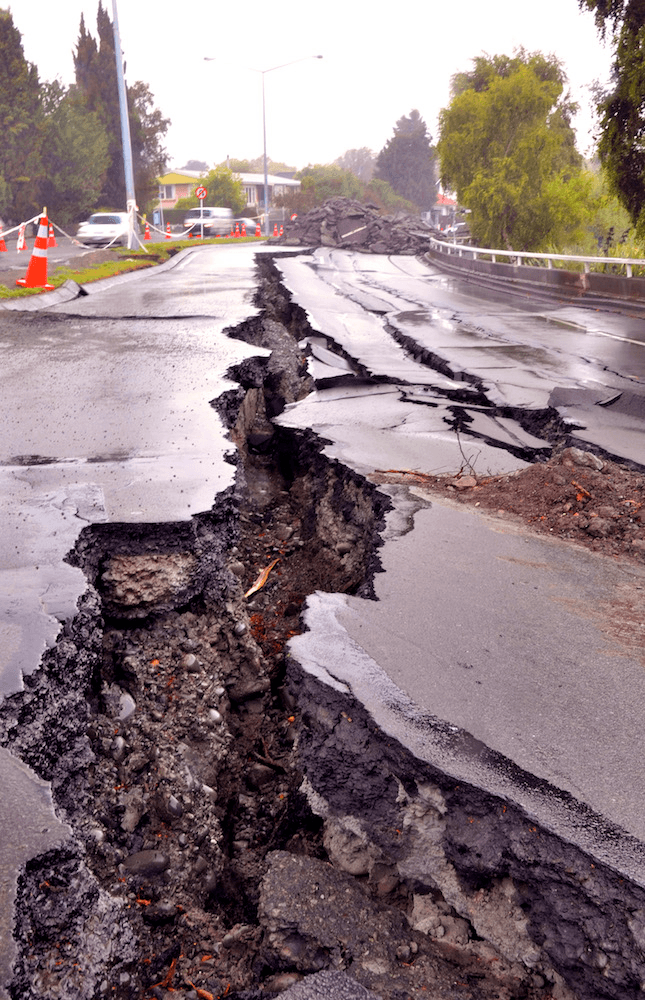
What are some examples of non-renewable resources?
The teacher will judge the responses.
How can we conserve or save a natural resource?
The teacher will judge the responses.
What does erupt mean?
when the volcano explodes or breaks open with force
What should not be found in soils?
Any type of trash that will not break down.
What happened here? and why? or what caused it to happen? 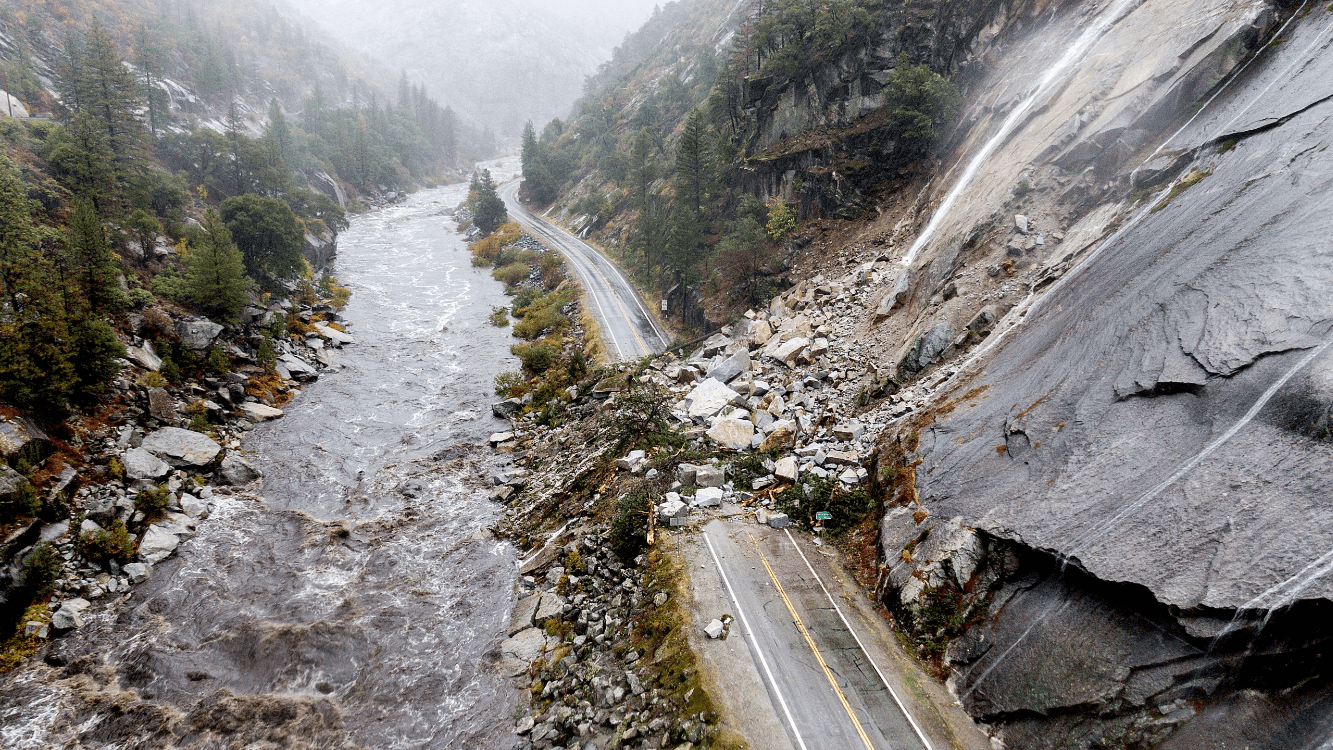
A landslide happened, this happens when the soil is too wet that it becomes loose, and everything that is loose slides downward due to gravity pulling things downwards towards the Earth.
What are some examples of renewable resources?
The teacher will judge the responses.
Uh-oh! I don't know who this water bottle belongs to?! What can we do with the water that is still inside the unclaimed bottle? 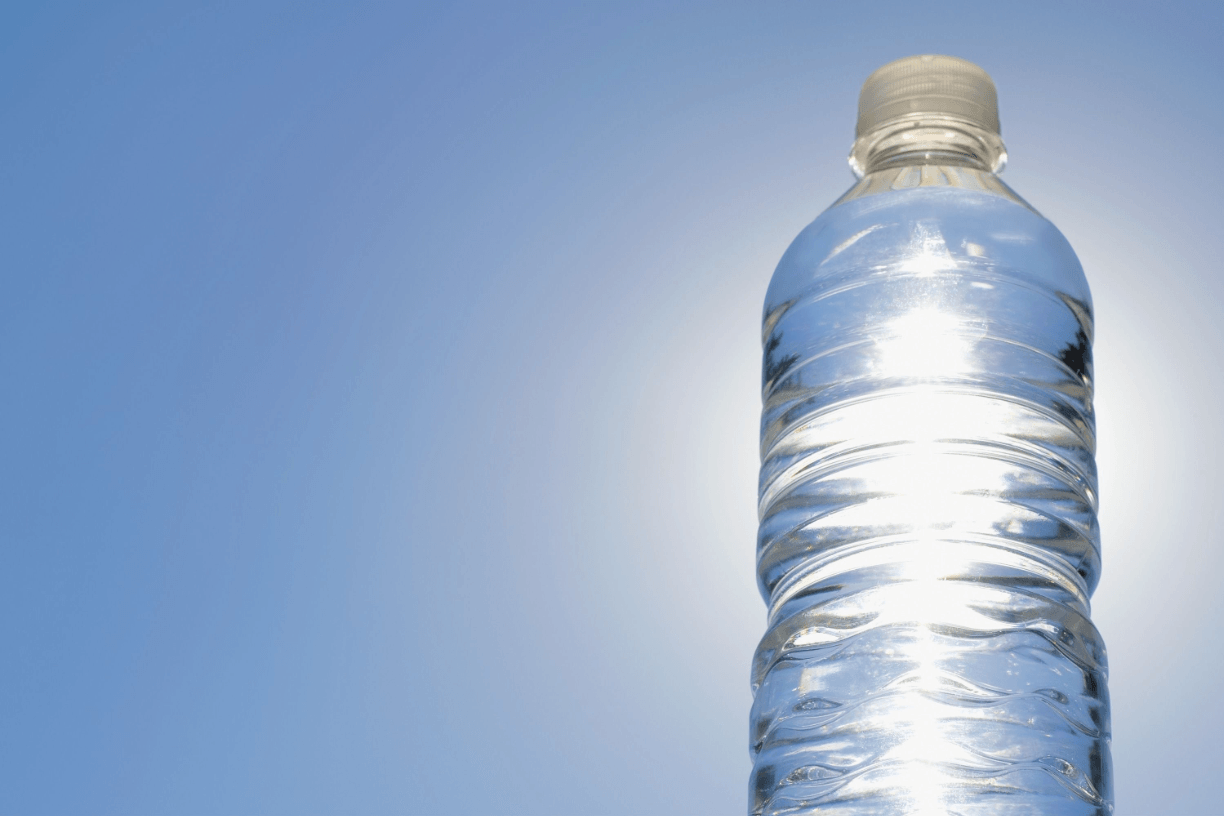
If I know it is clean water and doesn't have anything else in it then I can use it to water the plants or pour it into the dog's water bowl or a fish tank that needs more water.
What does natural mean?
existing or caused by nature, not made by humankind
Think about rocks tumbling down a hill, now think about rocks being tossed around in a river and those rocks are now moving downstream. What are some differences between these two situations and how are rocks affected by them? 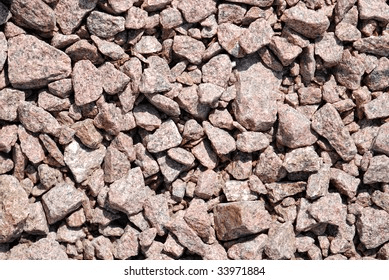
The teacher will judge responses.
This video will also discuss the idea.
Can new land form around this volcano? why? 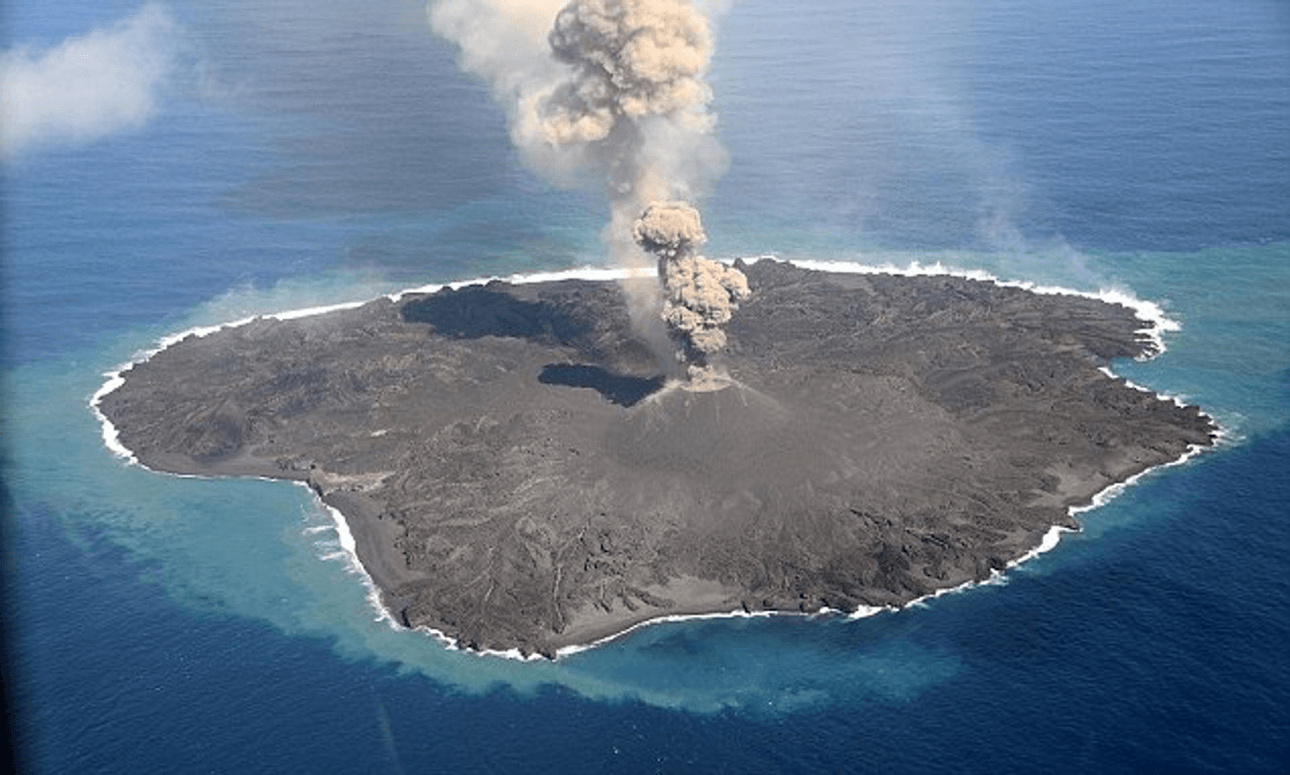
Yes! Each time the volcano erupts the lava that is flowing out eventually cools down forming a new rock layer where ever it flowed.
Bonus Question:
What are the three main non-renewable resources? This may have been in your notes this week!
Think fossil fuels (we talked about what this is in class as just a fun fact that you will learn more about in 5th grade)
Fossil fuels are non-renewable resources that have been created over millions of years from decayed plants and animal remains. Once those remains are decayed and buried layers DEEP in the ground with all that extra pressure (think about making a lasagna) that extra pressure and heat will turn those remains on coal, oil, and natural gas.
Coal, oil, and natural gas are the three main non-renewable resources.
How can we save or cut back on the amount of paper we use?
The teacher will judge the responses.
What does conserve mean?
To save by using carefully